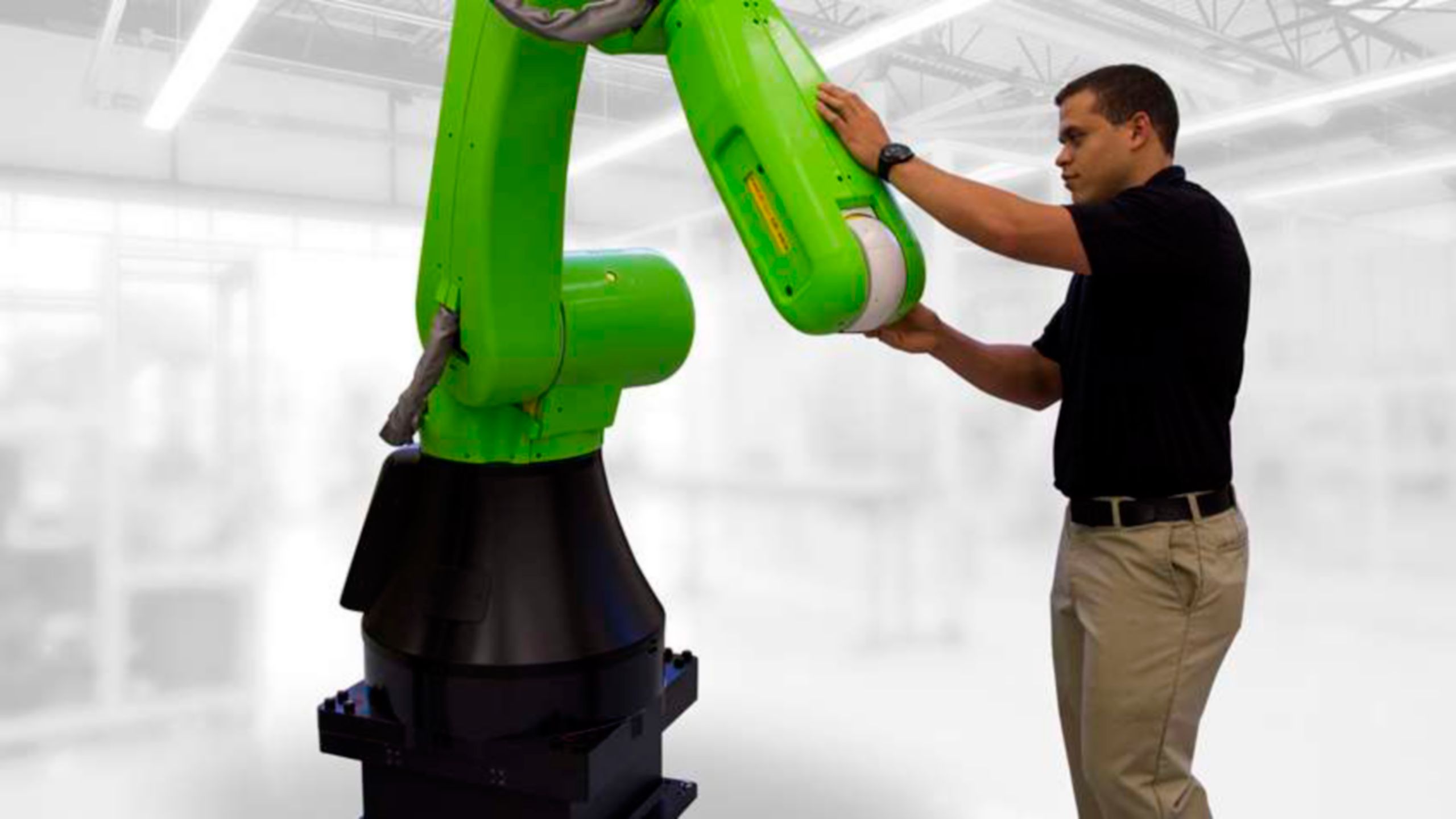A modern, smart manufacturing business needs a smart, skilled workforce. While organizations often talk about how their talent is their most important resource, right now, these resources are becoming increasingly scarce. This is due to the digital skills gap currently impacting the industry. This disparity represents a significant issue for manufacturers and will likely spread into wider operations unless leaders are able to bolster their workforce’s digital capabilities.
This issue has been highlighted further over the past two years since the initial outbreak of the pandemic. Global manufacturing companies quickly pivoted to more digitalized processes and practices to continue operating in a safe, resilient manner. This comes with added significance now that companies and employees are more commonly working from home or remotely in a sector that is embracing the hybrid approach.
A Lasting Impact
In the past few years, every company has been forced to integrate digital solutions into their existing processes. From the use of virtual communication tools through to more advanced applications, such as 3D modelling and remote monitoring systems, plans to digitalize have been accelerated.
As a result, employees have now become used to interacting with digital applications for all manner of workplace functions. However, this familiarity will only help to further expose the gap between the digitally native or savvy and those who are struggling to adapt. The companies that can most effectively bridge this gap through smart applications will have an advantage.
The lasting impact of the pandemic across the manufacturing sector will be about more than just digital literacy. Being able to use a smartphone or communicate digitally with colleagues is not enough to survive, now it is about ensuring your people can actively participate in the new digital economy. This could extend into areas such as coding, using cloud services, or data analysis – skills that many people, even those who have grown up with this technology, do not currently have.
To truly eradicate the skills gap in your organization, manufacturers are going to have to cultivate the internal skills necessary for greater digital operations, as well as attract talent in an increasingly competitive, diverse recruitment market.
So how can this be achieved?



